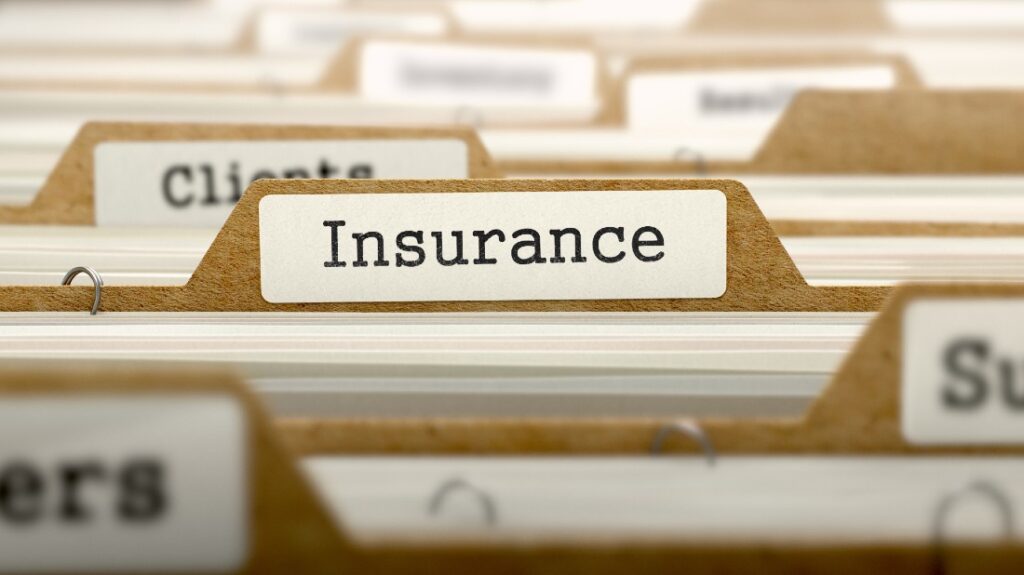Is self-storage insurance really necessary?
It may surprise you to know that many Americans have had to store their property in some sort of storage unit. Self-storage is a multi-billion-dollar industry. With the Self-Storage Association claiming that almost $24 billion earned last year alone.
So, it we estimate that 1 in every 10 Americans needs to rent a storage unit at some time. This makes sense when you consider that when people move or get displaced by a natural disaster. Or they get a divorce or experience a death in the family. They will need an off-site storage unit to place their possessions for safekeeping.
These days you can even rent a storage unit that is climate controlled or enhanced. This gives you even greater safety to your belongings. But, what happens if the storage unit is damaged during a disaster? Storage units are not immune to flooding, fire, storms, and other disasters. So, it is important to consider getting self-storage insurance, to protect your vulnerable items.
What is Self-Storage Insurance?
Self-storage insurance is your best option for making sure your belongings are secure and protected in your storage unit. It provides personal property coverage for your possessions while stored in a rental storage unit.
You can get coverage through renters or homeowners’ insurance, or by having a separate storage unit insurance policy. Self-storage insurance covers items in a rental storage unit damaged or destroyed by natural disasters. Coverage will vary, so please do your due diligence before deciding on a policy.
If you have renters or homeowner’s insurance, your policy may already provide coverage for your storage unit. But, if you do not, you may want to buy the self-storage insurance from the storage rental facility. Most self-storage insurance policies cover hail, hurricanes, tornadoes, lightning, high winds, and fire. It also covers theft, smoke damage, and water damage. And, a typical self-storage insurance policy does not cover mold, mildew, rodents, and war.
Finally, the coverage limit is usually 10% of your policy’s personal property limit, although that varies.
Why Self Storage Insurance is a Wise Choice
Self-storage insurance is a wise choice and the only way to ensure you can replace or repair items damaged while in storage. You may have found a storage unit facility that offers security measures. Things like video surveillance. But if your items get stolen, it is unlikely that your property will be recovered.
Statistics report that an average of 12% of cases that report stolen goods ever get resolved. And, that number depends on the type of items stolen. Jewelry items or belongings that are smaller are easier to track. Motor vehicles that are stolen or big items like furniture have a 50% chance of recovery.
Theft
So, it would stand to reason that self-storage insurance is your best bet against theft.
Statistics also show that about a million storage units get damaged by fire each year. Then, you must factor in accidental fires, which destroy about another million self-storage units. The statistics for arsonists arrested are a bleak 20%.
If your homeowners or renter’s insurance does not cover self-storage units, you should talk to the storage facility. Because they often know a company that they can connect you with. If you work with an insurance company that works with the storage unit company, it can take the muss and fuss out of trying to find your own.
And, the claims tend to be straightforward, with the storage company working as a go-between. Helping you connect with the insurance company.
But first, Research Different Coverage Options
There are three different options to choose from for insurance coverage. As mentioned above, you can use an existing policy if your homeowners or renter’s insurance offers one. You can also get coverage through an affiliated insurance company. They work with the storage company, which was also discussed above. But you can also take the time to search for a third-party insurance company. Either way, you should look for certain things included in your self-storage insurance company.
- Coverage Limits: You must figure out if there is a maximum coverage limit. Take the time to figure out the value of your belongings that are being stored. This may help you decide on what policy provides the best coverage based on your situation.
- What Gets Covered: Research the kinds of damage your policy will cover, and the property types your policy will cover.
- Are there Restrictions to the Policy: Research what is not covered under the policy before making a final decision. Some policies do not cover cash or jewelry. If you have items that are being stored that are not covered by a certain policy, you can rule that one out.
- What Are the Policy Rules: Find out what rules come with the policy. Some policies have rules like you must submit an inventory of all things stored. Some rules need you to submit photos as well. Know the rules well so you can follow them and get the coverage you need.
Self-Storage Insurance – Stay Up to Date with Premiums
After you pick a company and complete the required paperwork, make sure that you stay up to date with the premiums. Make sure to ask the storage rental facility if there are consequences if you fall behind on payments.
Your rates will depend on what you’re storing, and the location you have chosen. But generally, self-storage insurance is inexpensive.
Typical monthly premiums can start at $12 a month for $3000 worth of full coverage. More expensive policies may be about $15 per month, for $5000 of coverage. So, as you can see, a good self-storage insurance policy will not break your bank and will give you peace of mind. It will depend on what you are currently storing and the coverage you need for your belongings.

